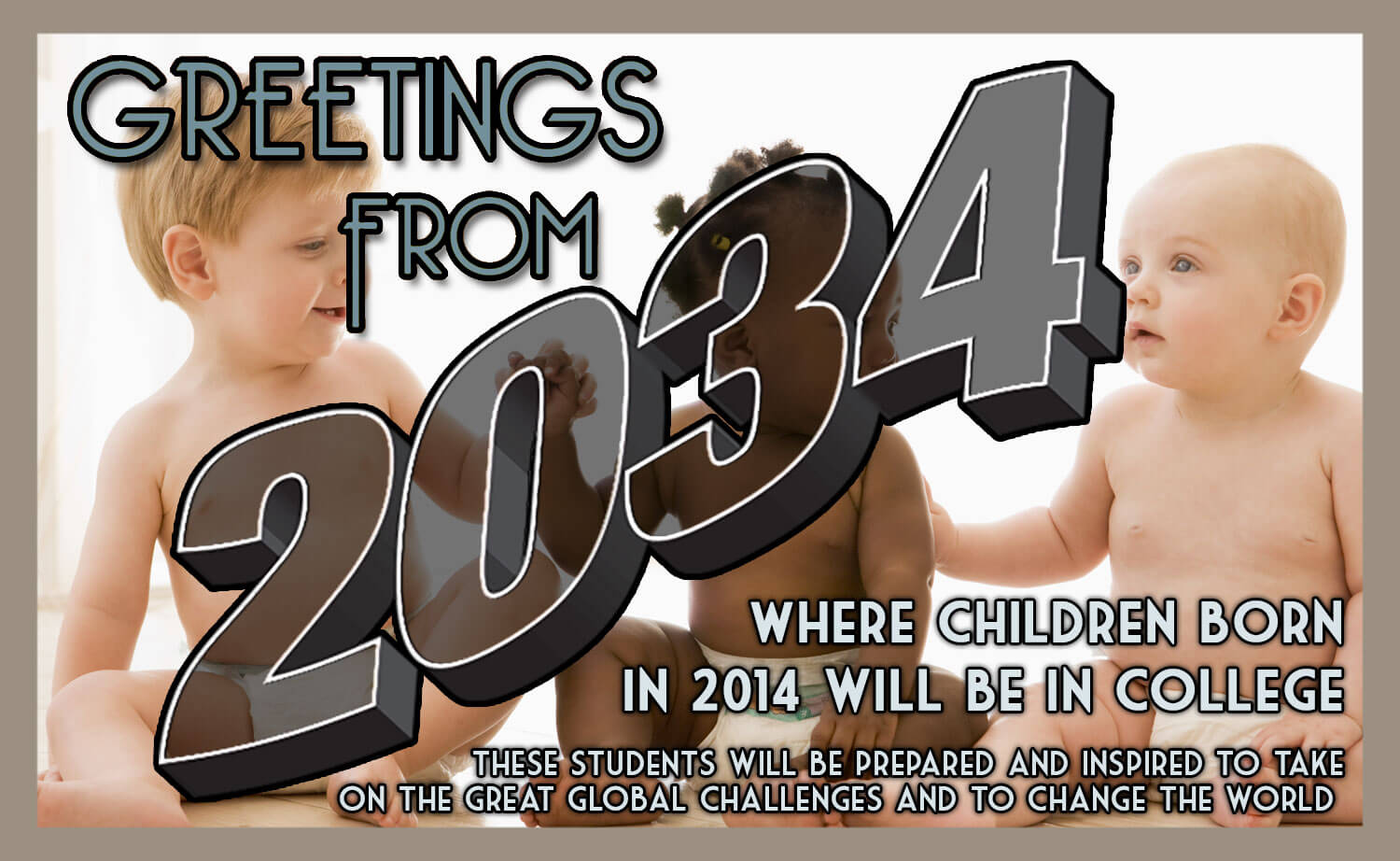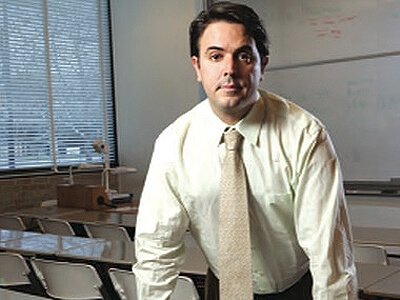Northern Illinois University Associate Professor of Mechanical Engineering Federico Sciammarella has been invited by the Science Coalition to participate in two panel discussions in Washington, D.C. on Wednesday, June 24, including a congressional briefing.
“I am very honored to represent NIU as well as the manufacturing community,” Sciammarella said of the opportunity to speak in the House of Representatives and Senate, addresssing congressional staff, federal agency officials and representatives of other interested higher education, private sector, and scientific organizations. “My aim is to remind them how valuable their support is not only for the research but for the impact it has on our economy and the lives of our young Huskies.”
Promod Vohra, dean of NIU’s College of Engineering & Engineering Technology agrees.
“Manufacturing is critical for our economy,” Vohra said. “Not only do we need to innovate the manufacturing processes used in our country but we also need to prepare the technical work force for tomorrow.”
As depicted in an AT&T U-Verse TV commercial, Sciammarella recently wrote about his vision of watching a live Mars landing 20 years from now in the Science Coalition’s Science 2034 blog. It was this blog post that earned him the invite to participate in the Science 2034 Live panel and podcast as well as the Senate panel discussion, both of which look at the future achieved through science.
He wrote: “In 2034, advanced manufacturing, especially additive manufacturing, will be a well-established tool in the American toolbox. This will be possible through the strong federal investments made in great organizations like America Makes (the National Additive Manufacturing Innovation Institute) and the Digital Manufacturing and Design Innovation Institute. America will continue to lead the way in the local development of manufacturing capabilities and novel materials and manufacturing techniques. These innovation institutes and other federally funded programs will enable healthy public-private partnerships instrumental in solving the many challenges to get to the red planet.”
 Sciammarella will be joined on the panels by Notre Dame Frank M. Freimann Professor of Physics Justin Crepp; Florida State University Assistant Professor of Chemistry Ken Hanson; Leen Kawas, president and CEO of M3 Biotechnology and adjunct associate researcher at Washington State University; University of Nebraska Associate Professor of Biological Systems Engineering Angie Pannier and Argonne National Laboratory Senior Scientist Matthew Tirrell, whi is the Pritzker director at the University of Chicago’s Institute for Molecular Engineering.
Sciammarella will be joined on the panels by Notre Dame Frank M. Freimann Professor of Physics Justin Crepp; Florida State University Assistant Professor of Chemistry Ken Hanson; Leen Kawas, president and CEO of M3 Biotechnology and adjunct associate researcher at Washington State University; University of Nebraska Associate Professor of Biological Systems Engineering Angie Pannier and Argonne National Laboratory Senior Scientist Matthew Tirrell, whi is the Pritzker director at the University of Chicago’s Institute for Molecular Engineering.
Sciammarella’s research is focused on laser enabled manufacturing. Currently his research group is awaiting final approval of a U.S. patent for Laser Assisted Machining of Ceramics as a result of research done under the Illinois Center for Defense Manufacturing Program. He has additionally received support for his work from the National Institute of Standards and Technology and the National Science Foundation.
“Innovation in our labs and our efforts in producing practical graduates is significant in providing global edge to our companies and to our graduates,” added Vohra. “NIU is proud to be responsive and relevant to the manufacturing needs of our region.”
The Science Coalition was formed 20 years ago by a handful of universities with a singular goal of strengthening federal support for basic scientific and engineering research. It is a nonprofit, nonpartisan organization of the nation’s leading public and private research universities dedicated to sustaining the federal government’s investment in basic scientific research as a means to stimulate the economy, spur innovation and drive America’s global competitiveness. Today, NIU is among some 60 major research universities that as members, continue to work toward this goal by telling the stories of what federally funded university research has made possible.

